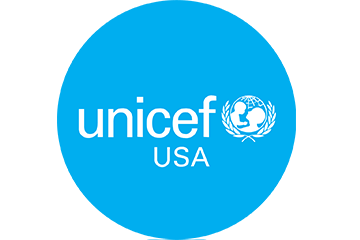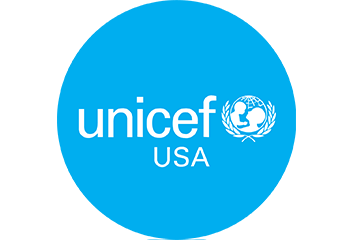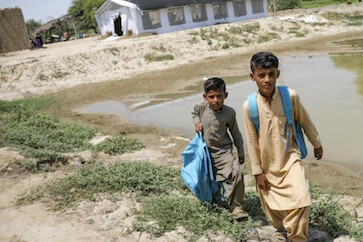NEW YORK/ GODE (April 26, 2022) – “I am joining you today from Gode Hospital, in the Somali region of Ethiopia where I have seen the devastation of the drought.
“Livestock dying … failed crops … communities displaced in search of food and water … and so many children suffering.
“The worst climate-induced emergency in 40 years has impacted at least 10 million children across the Horn of Africa – and the situation is rapidly deteriorating, especially for children experiencing severe malnutrition.
“In Ethiopia, Kenya, and Somalia, more than 1.7 million children require urgent treatment for severe acute malnutrition.
“If rains fail again in the coming weeks, this figure will rise to two million.
“The number of people without reliable access to clean and safe water has almost doubled – from 5.6 million to 10.5 million in just three months.
“The specter of famine is once again upon the subregion.
“It’s clear that children – especially young children – are in the greatest danger.
“From previous drought emergencies we have learned the painful lesson that child mortality skyrockets when high levels of malnutrition collide with disease outbreaks and water scarcity.
“With the drought continuing and threat of cholera and measles growing, children here are now facing that exact combination of deadly risks.
“Unless we can identify and treat them, many children suffering from severe wasting will die.
“We are witnessing a crisis on the brink of a catastrophe.
“But immediate and collective action can avert the worst outcome.
“We saw that in 2017, when the humanitarian community came together to prevent famine, working alongside national governments, NGOs, and local communities, with the generous support of international donors — potentially saving hundreds of thousands of lives.
“We need to do it again today.
“UNICEF and its partners urgently require $250 million to cover critical needs in Somalia, Ethiopia, Kenya, as well as Eritrea and Djibouti, through the end of the year.
“We are also working with the wider humanitarian community to articulate the broader requirements and prioritize the most urgent needs to avert famine. The overall UN drought appeal in Ethiopia is $545 million.
“To save children’s lives and futures, our response must be multisectoral, going beyond food security to include WASH, Nutrition, Health, Protection, and Education services and support.
“This support needs to be coupled with investments in resilience-building and climate adaptation programs to prepare communities to deal with a changing climate.
“The crisis here in the Horn of the Africa is not making headlines – but that doesn’t make the threats to children and families any less dire.
“We understand the pressure of different emergencies, including the Ukraine crisis, but we cannot turn our backs on the children in the Horn of Africa.
“It is not too late to act to prevent catastrophe. But we need the means to do it. And the window is closing as we speak.”
# # #
About UNICEF
The United Nations Children’s Fund (UNICEF) works in more than 190 countries and territories to pursue a more equitable world for every child. UNICEF has helped save more children’s lives than any other humanitarian organization, by providing health care and immunizations, safe water and sanitation, nutrition, education, emergency relief and more.
UNICEF USA advances the global mission of UNICEF by rallying the American public to support the world’s most vulnerable children. Together, we are working toward a world that upholds the rights of all children and helps every child thrive. For more information, visit www.unicefusa.org.
For more information, contact:
Mackenzie Dougherty, UNICEF USA, 212.922.2551, [email protected]





